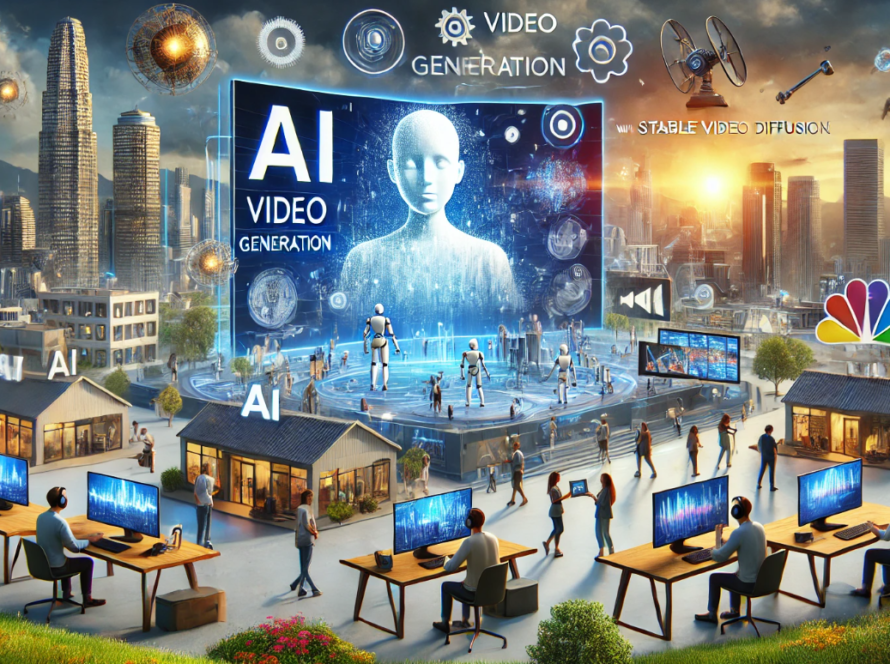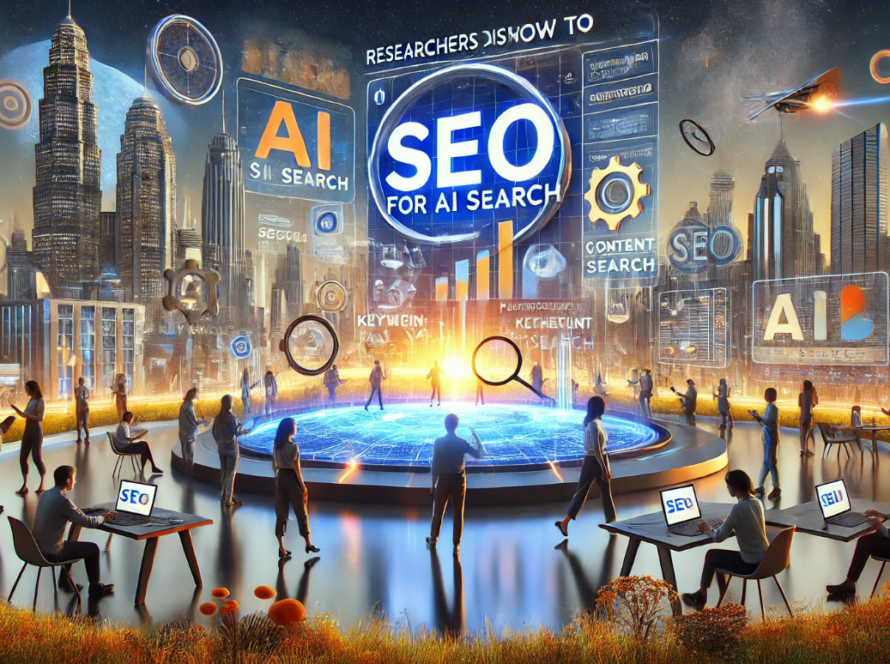Artificial intelligence (AI) is transforming how we approach marketing. By using AI, we can create more targeted and personalised campaigns that resonate with our audience. This technology allows us to analyse vast amounts of data quickly and accurately, enabling us to understand customer behaviour in ways that were previously impossible.
AI helps us identify patterns and trends, allowing us to predict customer preferences and tailor our marketing messages accordingly. As a result, our marketing efforts become more effective and efficient. With AI, we can automate repetitive tasks, freeing up time for more strategic and creative work. This blend of data-driven insights and human creativity leads to more impactful marketing campaigns.
Additionally, AI-driven marketing allows us to deliver personalised content to individual customers at the right time. Whether through personalised recommendations, dynamic content, or targeted advertisements, AI ensures that our messages align with customer needs and interests. This level of personalisation enhances customer experience, fostering loyalty and driving conversions.
As we explore the role of AI in targeted marketing campaigns, we’ll delve into its benefits, the tools available, and best practices for implementation. By understanding and leveraging AI, we can revolutionise our marketing approach and achieve greater success in our campaigns.
The Role of Artificial Intelligence in Targeted Marketing Campaigns
Artificial intelligence plays a pivotal role in enhancing targeted marketing campaigns. By leveraging AI, we can analyse vast datasets to uncover insights that inform our marketing strategies. AI algorithms assess customer behaviour, preferences, and past interactions, allowing us to predict future actions and tailor our campaigns accordingly.
Through AI, we achieve a level of precision that traditional methods cannot match. AI helps us segment our audience based on various factors like demographics, interests, and purchase history. This segmentation enables us to deliver highly relevant content to specific groups, increasing the likelihood of engagement and conversion. AI not only makes our campaigns more accurate but also more scalable. We can manage and optimise multiple campaigns simultaneously, ensuring each one reaches the right audience with the right message.
Key Benefits of AI for Personalising Marketing Efforts
Utilising AI for personalising marketing efforts brings several key benefits that significantly enhance campaign effectiveness. One major benefit is improved customer experience. AI enables us to create personalised experiences by recommending products or services based on individual preferences and behaviours. This level of personalisation makes customers feel valued and understood, fostering loyalty and encouraging repeat business.
Another important benefit is increased efficiency. AI automates many routine tasks, such as data analysis and customer segmentation. This automation frees up time, allowing us to focus on strategy and creativity. AI also helps us optimise our marketing spend by identifying the most effective channels and tactics. This ensures that we allocate our resources where they will have the most impact, maximising our return on investment.
In summary, AI-driven personalisation enhances customer satisfaction and loyalty, while also improving the efficiency and effectiveness of our marketing campaigns. By harnessing the power of AI, we can create highly targeted and successful marketing strategies.
AI Tools and Technologies for Enhancing Targeted Campaigns
There are various AI tools and technologies available that can significantly enhance our targeted marketing campaigns. Here are some essential ones:
1. Predictive Analytics: Tools like IBM Watson and Google Cloud AI provide predictive analytics capabilities. They help us forecast future trends, customer behaviours, and campaign performance, allowing us to make data-driven decisions.
2. Chatbots: AI-powered chatbots such as those offered by Drift or Intercom improve customer engagement by providing instant responses and personalised support. They can handle a wide range of tasks, from answering customer queries to recommending products.
3. Personalisation Engines: Platforms like Dynamic Yield or Optimizely use AI to personalise content across websites, emails, and mobile apps. These engines analyse user data to deliver tailored experiences, increasing the relevance and impact of our messages.
4. Social Media Analytics Tools: AI-driven tools like Sprout Social and Hootsuite can analyse social media interactions to provide insights into customer sentiment and preferences. This helps us tailor our social media strategies to better engage our audience.
By incorporating these AI tools and technologies into our marketing strategies, we can enhance the precision and effectiveness of our campaigns, leading to better results and higher customer satisfaction.
Best Practices for Implementing AI-Driven Marketing Strategies
Implementing AI-driven marketing strategies can be highly effective if done correctly. Here are some best practices to guide us:
1. Start Small: Begin by integrating AI into a few specific areas of our marketing efforts. This allows us to test its impact and make adjustments before scaling up. For instance, we might start with AI-powered email personalisation or customer segmentation.
2. Set Clear Objectives: Define what we aim to achieve with AI. Whether it’s improving customer engagement, boosting conversion rates, or reducing costs, having clear objectives helps us measure success and fine-tune our strategies.
3. Invest in Training: Ensure our team is well-versed in AI tools and technologies. Providing thorough training and resources helps us effectively implement AI-driven strategies and maximise their potential.
4. Monitor and Adjust: Continually track the performance of our AI-driven campaigns. Use analytics to measure their effectiveness and make data-driven adjustments as needed. This ongoing optimisation ensures we stay on track to meet our goals.
5. Maintain Data Quality: AI relies on high-quality data to function accurately. Make sure our data is clean, organised, and up-to-date. This ensures that our AI tools can provide reliable insights and recommendations.
By following these best practices, we can successfully implement AI-driven marketing strategies that enhance our campaigns and drive better results.
Final Thoughts
Artificial intelligence offers immense potential for transforming marketing campaigns. By leveraging AI, we can create highly targeted and personalised marketing efforts that truly resonate with our audience. From predictive analytics to chatbots and personalisation engines, the right tools and technologies enable us to make data-driven decisions and optimise our strategies.
The benefits of AI-driven marketing are clear: improved customer experience, increased efficiency, and higher conversion rates. By following best practices for implementation, we can ensure our AI initiatives are successful and impactful.
Ready to take your marketing to the next level with AI? At Not Just Marketing, we specialise in utilising cutting-edge AI technology to revolutionise your marketing strategies. Contact us today to discover how we can help you achieve your marketing goals through AI-driven marketing solutions.



